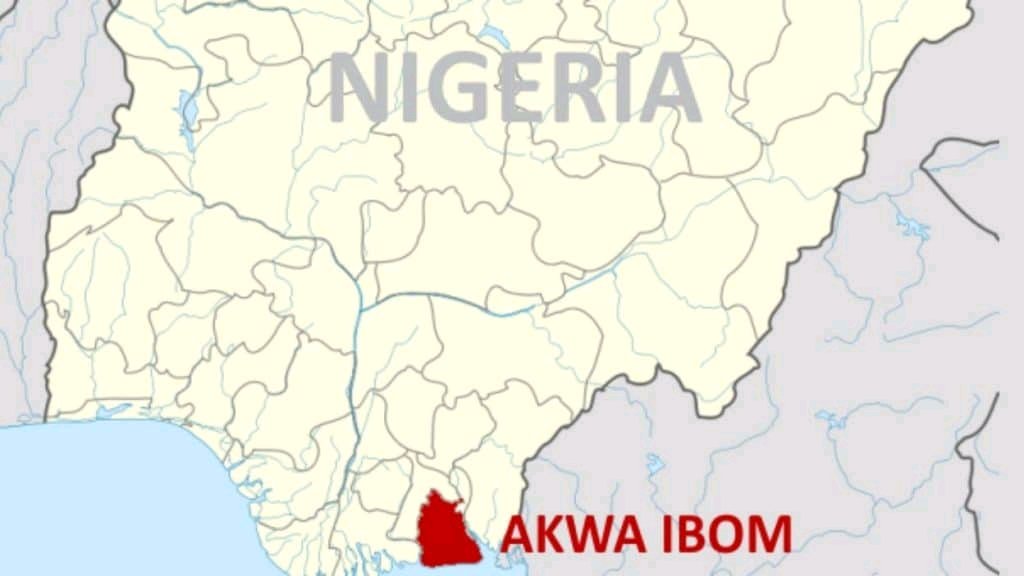In a notable political shift in Akwa Ibom State, two serving commissioners have tendered their resignations to contest for the chairmanship positions in their respective Local Government Areas (LGAs).
The elections for these positions are scheduled for 5 October.
The resigning commissioners are Etim Uno, who has been serving as the Commissioner for Environment and Mineral Resources, representing Urueoffong Oruko LGA, and Aniefiok Nkom, the Commissioner for Labour and Manpower Planning, from Ikot Ekpene LGA.

Their resignations follow their successful acquisition of the Peoples Democratic Party (PDP) tickets during the statewide primaries held on 2 August.
Both Uno and Nkom emerged as the PDP’s candidates for the chairmanship roles in their respective LGAs, joining a list of 31 candidates from the party who will contest in the upcoming elections.
Their move has sparked considerable debate and speculation within the state’s political circles.
One perspective suggests that their decision to run for local government positions is a strategic manoeuvre.
Some observers believe that the commissioners are positioning themselves to maintain a significant role in government, particularly in light of rumours regarding a potential reshuffle of the state cabinet by Governor Umo Eno.
The upcoming elections may provide them with an opportunity to remain influential within the political landscape of Akwa Ibom State.
On the other hand, there is a view that the commissioners’ resignations are motivated by a desire to benefit from the increased financial allocations to local governments, which have become more substantial due to recent moves towards financial autonomy for councils.
This autonomy has led to greater control over local government finances, which some believe might be a key factor driving their decision to seek these new positions.
A source within the PDP and a civil servant, speaking on condition of anonymity, suggested that the resignations could be strategically timed to capitalise on the financial advantages associated with local government autonomy.
The source speculated, “It’s possible that they may resign from their current positions before the end of the month.
Their move could be driven by a desire to benefit from the financial autonomy of local governments while still maintaining a connection to the state government.”
The commissioners’ resignations and subsequent nominations have prompted a mixed reaction among the public and political analysts.
While some view their actions as a calculated effort to remain within the political framework of the state, others are concerned about potential conflicts of interest and the broader implications of such moves on local governance.
In the context of Akwa Ibom State’s evolving political dynamics, these developments underscore the ongoing interplay between political ambition and the management of local government resources.
The outcome of the local government elections will likely reflect the electorate’s sentiments regarding the commissioners’ shift in roles and the broader issues of governance and financial management at the local level.
As the elections approach, all eyes will be on the performance of the PDP candidates and their competitors, as well as the impact of their potential new roles on the administration of their respective LGAs.
The situation remains fluid, and the political landscape in Akwa Ibom State is set for an intriguing period of transition and realignment.
Support InfoStride News' Credible Journalism: Only credible journalism can guarantee a fair, accountable and transparent society, including democracy and government. It involves a lot of efforts and money. We need your support. Click here to Donate
